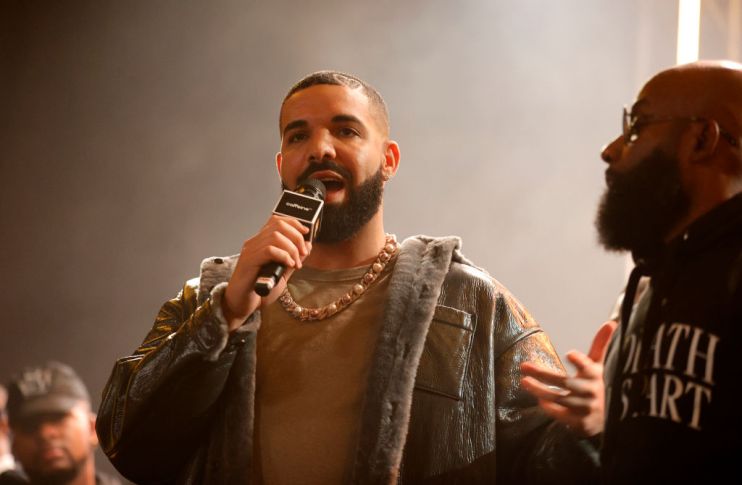Musicians know AI is stealing their art, but finally tech bosses are waking up too

Musicians like Drake and the Weeknd have had their music scraped by artificial intelligence programs, and AI bosses are finally waking up to it, writes Jo Twist
When Ed Newton-Rex resigned this month from his position as head of audio at Stability AI the creative community cheered. In his resignation letter he took a stand against the idea that taking creators’ work without permission or payment in order to train AI systems to plagiarise, clone and mimic those same creators is – or could ever be – “fair”.
What Newton-Rex said is not new. The creative industries have been calling out this practice for months. The Human Artistry Campaign launched in March with signatories drawn from the global music community, including artist management, record companies and songwriters, as well as from the wider creative industries and media. It enshrines the principle of “no ingestion without permission”. Earlier this year, Drake and the Weeknd both found they had a viral hit, “heart on my sleeve!” – except they didn’t make it, artificial intelligence did. Streaming services and social media platforms scrambled to remove it.
Over the last year, a growing number of individuals and companies in music, TV, comedy, photography and book publishing are bringing legal action against AI companies who have taken their work for AI training purposes without permission. Notably, Getty Images has an ongoing legal action against Newton-Rex’s former employer, Stability AI.
Newton-Rex’s letter is significant because it is the first time someone from the AI world has spoken out against a practice that treats human creativity as mere fodder for AI – and because he exposes it as a deliberate strategy adopted by “companies worth billions of dollars” to avoid paying creators for the use of their creative work.
The hope is that this will prompt our political leaders to step up and defend the human creativity that binds our society, nourishes our culture and minds, and grows our economy. For too long politicians have sat on the fence, believing they must choose between supporting creativity or innovation. That is like the leaders of the industrial revolution believing that they had to choose between supporting water or steam.
AI is nothing without the partnership of human creativity to fuel it – and human creativity can only ignite and fuel the AI revolution for good if it is protected and remunerated.
For the UK in particular there is a great deal at stake economically. The UK’s creative industries are worth £100bn in GVA annually (with music accounting for nearly £7bn of this), and are on course to deliver a million new jobs by 2030. The UK recorded music industry is the third largest in the world, the second biggest exporter of music globally and a vital source of cultural identity.
The success of the UK’s creative industries is due in part to the UK’s robust rights framework which is very clear that the taking of creators’ work to train AI is neither fair nor legal.
As the UK pursues its global leadership ambitions in the development of safe and responsible AI it should ensure that its global partners have similarly clear and robust intellectual property laws that do not allow unethical AI companies to ‘forum shop’ to exploit legal loopholes in other territories.
We are at a critical crossroads. The impact of decisions we make now will determine whether AI enhances or devours human creativity. As humans, most of us want the former. It is time for AI companies to stop pretending that there is anything fair or sustainable about their current treatment of human creativity. And it is time for politicians to make sure they do.